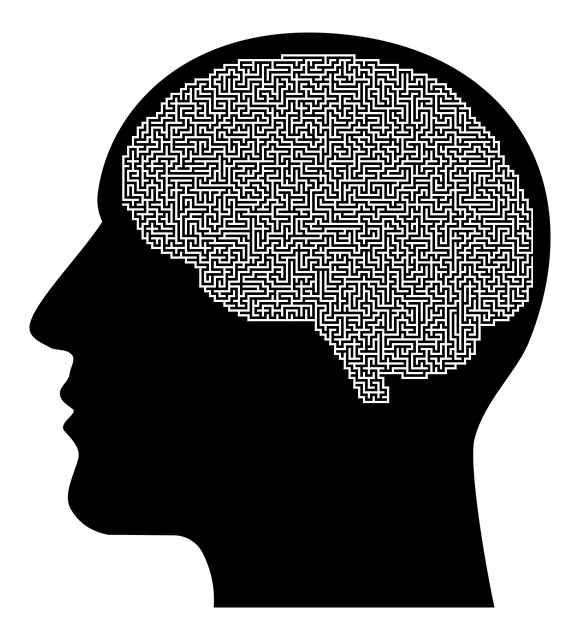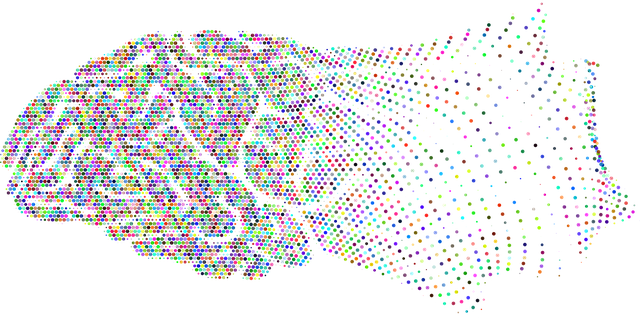Lafayette Abuse Survivors Therapy (LAST) offers specialized mental wellness coaching tailored to survivors' unique needs, focusing on burnout prevention and anxiety relief. By incorporating cultural sensitivity and evidence-based practices, LAST breaks down barriers in mental healthcare, fostering community and enhancing therapeutic effectiveness. Effective coaching curricula, designed with adaptability and standardized protocols, empower clients to build resilience, navigate life's complexities, and reduce stigma. Community engagement and continuous improvement through feedback and data analysis ensure programs remain relevant and responsive to Lafayette's evolving mental wellness needs.
Mental wellness coaching programs are gaining traction as innovative solutions for personal growth. This article explores the development of such programs, drawing insights from Lafayette Abuse Survivors Therapy (LAST), a historical approach that revolutionized trauma healing. We delve into the reasons behind the rise in demand for coaching, offering a comprehensive guide on designing effective curricula, community engagement strategies, and accessibility measures. By examining LAST’s impact, we uncover how mental wellness coaching fills gaps left by traditional therapies.
- Understanding Lafayette Abuse Survivors Therapy: A Historical Perspective and Its Impact
- The Need for Mental Wellness Coaching Programs: Addressing the Gaps in Traditional Therapies
- Designing Effective Coaching Curricula: Incorporating Evidence-Based Practices and Individualized Support
- Implementing and Sustaining Success: Community Engagement, Accessibility, and Continuous Improvement Strategies
Understanding Lafayette Abuse Survivors Therapy: A Historical Perspective and Its Impact

Lafayette Abuse Survivors Therapy (LAST) has its roots in a historical movement aimed at providing support and healing for individuals who have experienced trauma, particularly within institutional settings. This approach emerged as a response to the widespread abuse and neglect that occurred in various institutions, including schools, hospitals, and mental health facilities. Over time, LAST evolved to focus on empowering survivors of abuse by offering specialized coaching programs tailored to their unique needs.
The therapy’s historical context underscores the importance of addressing systemic issues within mental healthcare practices, particularly regarding burnout prevention and anxiety relief for those who have endured challenging circumstances. By incorporating cultural sensitivity in mental healthcare, LAST has contributed significantly to breaking down barriers and ensuring that survivors receive comprehensive support. This approach respects individual experiences while fostering a sense of community and understanding among participants, ultimately enhancing the effectiveness of therapeutic interventions.
The Need for Mental Wellness Coaching Programs: Addressing the Gaps in Traditional Therapies

In today’s fast-paced world, mental wellness is a crucial aspect often overlooked in individuals’ overall well-being. Traditional therapies have their limitations when it comes to addressing complex emotional and psychological needs. This is especially true for populations such as Lafayette Abuse Survivors, who may face unique challenges stemming from trauma and abuse. Mental Wellness Coaching Programs step in to fill these gaps, offering personalized support and practical tools tailored to individual experiences.
These coaching programs emphasize the power of Mind Over Matter principles, empowering individuals to take charge of their mental health. By incorporating techniques like Mindfulness Meditation, coaches help clients develop resilience and coping mechanisms, fostering a sense of calm and clarity. Furthermore, such initiatives contribute to Mental Illness Stigma Reduction Efforts, encouraging open conversations and creating supportive environments for those seeking help.
Designing Effective Coaching Curricula: Incorporating Evidence-Based Practices and Individualized Support

Effective coaching curricula design is pivotal to ensuring mental wellness programs deliver tangible results. Incorporating evidence-based practices, such as those used in Lafayette Abuse Survivors Therapy, serves as a robust foundation. These practices have been scientifically proven to enhance client outcomes and should be tailored to meet individual needs. Coaches must be adept at assessing clients’ unique circumstances, including their history, current challenges, and goals, to offer personalized support.
A well-structured curriculum balances standardized protocols with adaptability. It includes modules focused on communication strategies for building resilience, a key aspect of mental health policy analysis and advocacy. By fostering open dialogue, coaches empower individuals to navigate life’s complexities. This individualized approach not only strengthens coping mechanisms but also fosters a sense of agency, enabling clients to actively engage in their healing journey.
Implementing and Sustaining Success: Community Engagement, Accessibility, and Continuous Improvement Strategies

Implementing successful mental wellness coaching programs requires a multifaceted approach, especially when aiming for long-term sustainability. Community engagement is a powerful strategy to foster support and create a sense of belonging. By integrating local community members and organizations, these programs can tailor their services to meet the unique needs of the area, ensuring relevance and accessibility. For instance, partnerships with local schools, churches, or community centers in Lafayette, particularly those catering to abuse survivors, can expand reach and promote awareness. This collaborative model not only enhances service delivery but also encourages a culture of open dialogue about mental health.
Additionally, continuous improvement is key. Regularly gathering feedback from participants and stakeholders enables coaches to refine their methods and adapt to evolving needs. Implementing strategies like focus groups, satisfaction surveys, and data analysis can reveal areas for enhancement. For example, identifying specific barriers to accessing services, such as transportation or scheduling conflicts, may prompt the development of flexible programs, including virtual sessions or community outreach programs. This iterative process ensures that the coaching initiatives remain effective, relevant, and responsive to the community’s mental wellness needs, particularly those of abuse survivors in Lafayette.
The development of mental wellness coaching programs is a vital step forward in addressing the complex needs of individuals, especially those who have survived trauma. By learning from historical practices like Lafayette Abuse Survivors Therapy and incorporating evidence-based approaches, coaches can provide tailored support. Effective curricula, community engagement, and continuous improvement strategies ensure these programs remain accessible and impactful, ultimately revolutionizing mental health care and fostering resilience among survivors.














